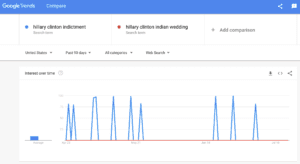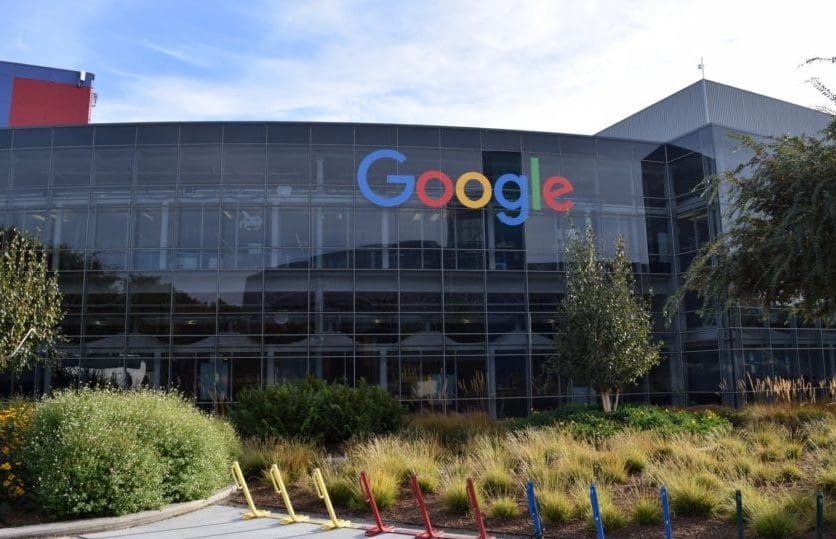It is clear that an anti-conservative bias exists when even a liberal academic acknowledges it.
Dr. Robert Epstein is a well-respected academic in the field of psychology, and former Editor in Chief of Psychology Today.
Upon invitation from U.S. Sen. Ted Cruz (R-TX), Dr. Epstein came to a hearing of the Judiciary Subcommittee on the Constitution, of which Sen. Cruz is the chairman, to discuss the manipulative practices Silicon Valley (especially Facebook and Google) uses to whip up support for leftist candidates and causes while also elaborating on the effects of such manipulation.
Before beginning, Cruz asked about Epstein’s background at Psychology Today and even confirmed his liberal political beliefs.
“As I understand your background, you’re not a Republican . . . nor are you a conservative, is that accurate?” asked Cruz.
“That is an understatement,” replied Epstein, noting he was “a very strong public supporter of Hillary Clinton” in 2016.
However, Epstein said his “beliefs in democracy and free and fair elections” trump “any kind of allegiance to a candidate or party.”
During his testimony, Epstein showed the various tools Silicon Valley can use to influence elections however they want, including the fact that one of Hillary Clinton’s top supporters was the executive chairman of Google’s parent company, Alphabet.
According to Epstein, the two biggest perpetrators of this manipulation were Facebook and Google.
Epstein then referenced a study Facebook admitted to doing in 2012, pushing a “go out and vote” reminder during the 2010 elections, turning out 340,000 people to vote.
Epstein pointed out Facebook could easily only turn out at least 450,000 for the Democrats by only pushing the “go out to vote” reminders to those who Facebook has identified as Democrats.
Epstein also mentioned he believes the only reason Mark Zuckerberg didn’t do so in 2016, despite it not “costing him a dime,” is because he was overconfident in Hillary’s victory, a mistake he argues Silicon Valley did not make in 2018 and will not make again in 2020.
Epstein also called out Google’s search result manipulation, using techniques such as the “search suggestion effect,” among others.
An independent inquiry done by Texas Scorecard found that when you type in “Hillary Clinton Ind” into Google, the only suggestion that populates is “Hillary Clinton Indian Wedding,” while typing the same thing into Bing or Yahoo pulls up “Hillary Clinton Indictment” and similar variants.

Google’s own Trends tool shows searches for “Hillary Clinton Indictment” have outpaced searches for “Hillary Clinton Indian Wedding” for the past 90 days.
In fact, there have been no searches for “Hillary Clinton Indian Wedding” in the past 90 days, despite it being the only search suggestion that pops up when you type in “Hillary Clinton Ind.”

Epstein warned that if checks are not put into place to catch these tech giants in the act of subliminal manipulation, nearly 15 million votes can be manipulated, up from the at least 2.6 million votes that were swayed in 2016.
“The 2.6 million is a rock bottom minimum. The range is between 2.6 and 10.4 million votes, depending on how aggressive they were in using the techniques that I’ve been studying, such as the search engine manipulation effect, the search suggestion effect, the answer bot effect, and a number of others. They control these, and no one can counteract them,” he said, “These are not competitive. These are tools that they have at their disposal exclusively.”
A video of the testimony can be found here.





